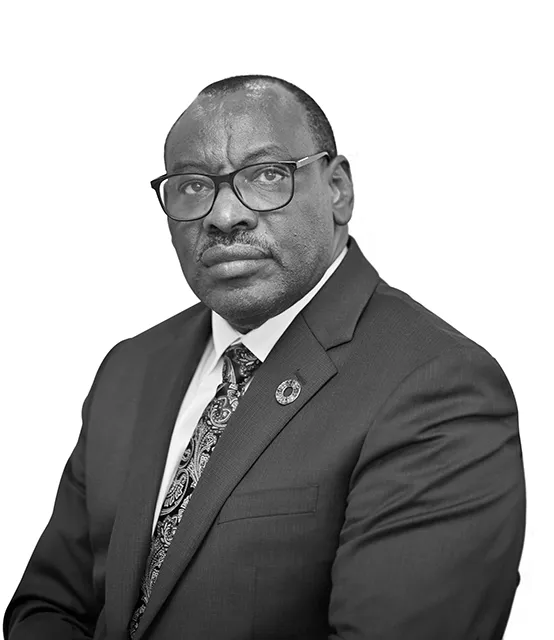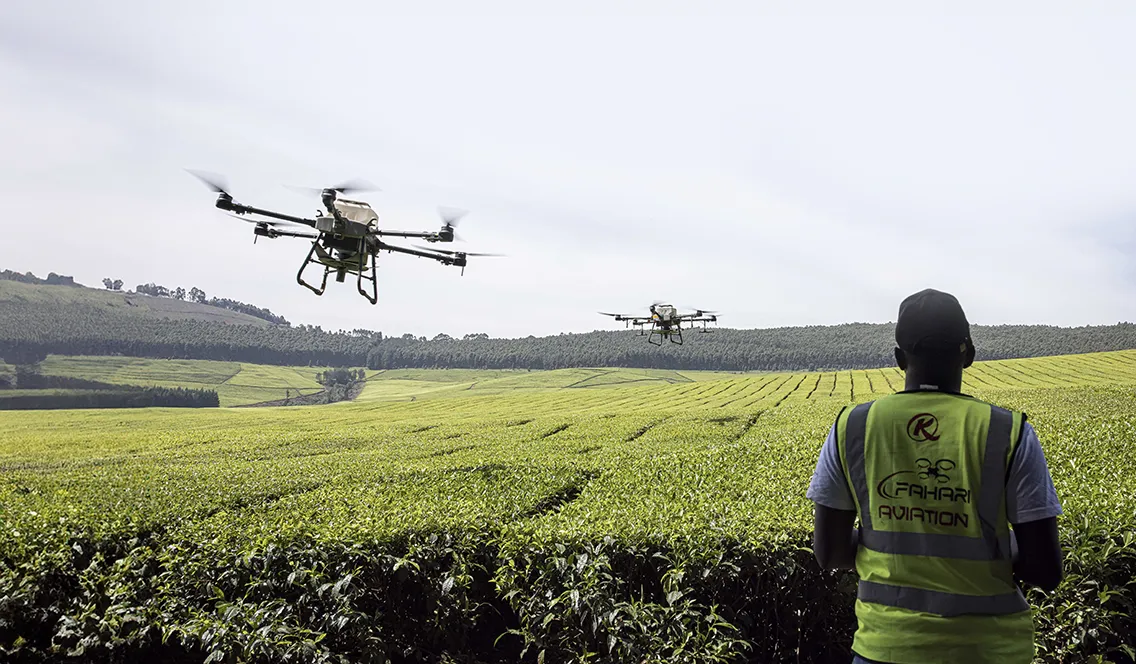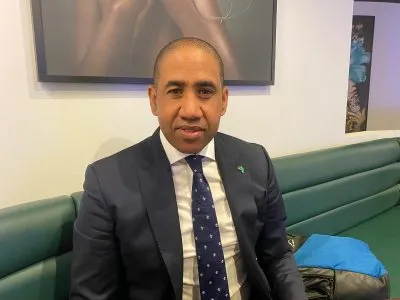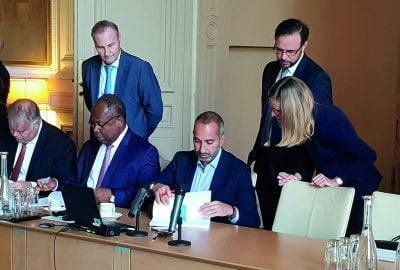As we rapidly approach the year 2030, the urgency for Africa to accelerate its development efforts has never been greater. With less than seven years remaining to achieve the Sustainable Development Goals (SDGs), the continent stands at a critical juncture. The clock is ticking, and the need for swift, scalable action has become increasingly imperative.
Central to this discussion are Africa’s significant economic challenges, including unrelenting debt, financial instability, and the looming threat of climate change. Since 2010, Africa has witnessed a staggering 180% increase in debt levels, with public debt now constituting 66% of the continent’s Gross Domestic Product (GDP). The high costs associated with debt repayment are severely impacting vital expenditures in health, education and climate action.
This financial strain was highlighted during the March 2024 Conference of Ministers of Finance, Planning, and Economic Development, where African leaders expressed their dissatisfaction with the global financial
architecture, calling for alternative solutions better suited to the continent’s unique needs.
Despite a projected GDP growth of 3.5% in 2024 – a modest increase from 2.8% in 2023 – such growth remains insufficient to meet the ambitious goals outlined in Africa’s Agenda 2063. The continent is grappling with complex global shocks that have disrupted supply chains, reduced access to finance, and eroded fiscal space. Alarmingly, 21 African nations are at high risk of, or already experiencing, debt distress, with only two countries maintaining investment-grade credit ratings.
Moreover, the fiscal landscape is further complicated by a stagnant tax-to-GDP ratio of 15.8% and an inflation rate that surged to 18.3% in 2023.
The challenges facing African governments are compounded by a lack of concessional borrowing options. This predicament forces governments to choose between national borrowing, which risks stifling the private sector, or seeking external financing, which exposes them to foreign exchange risks and fluctuations.
The consequences of these financial hurdles are dire, particularly for the continent’s vulnerable populations. Reports indicate that 476m Africans live in poverty in 2024 – an increase of 50m since the Covid-19 pandemic. Additionally, ongoing climate change threats are diminishing fiscal space, costing governments up to 5% of GDP annually.
However, despite these challenges, Africa possesses the potential to generate its own solutions. The Economic Commission for Africa (ECA) recognises the continent’s wealth of resources and the critical role it must play in engendering sustainable development.
No nation can tackle these issues in isolation; hence, a unified African stance on reforming the global financial architecture is vital. This position must be articulated at significant forums, such as the upcoming Summit of the Future and the 4th Financing for Development Conference in Spain.
Homegrown solutions
To sustain development, African nations must turn inward, focusing on homegrown solutions that include domestic resource mobilisation and innovative financing for climate initiatives.
During recent visits to the Southern African Development Community (SADC) region – which is rich in minerals like gold, copper and lithium – it became evident that regional value chains could be pivotal for sustainable industrialisation. Fragmented approaches will not yield the jobs, or reduce the poverty and inequality that plague the continent.
The potential for food security in Africa cannot be overstated. The continent’s annual food imports, totalling $120bn, are alarming, especially when regions like SADC have the capacity to become Africa’s breadbasket. ECA’s initiatives, such as the Zambia-Zimbabwe Common Agro Industrial Park, represent a step toward self-sufficiency in food production, with the possibility of expanding this model across the continent.
Furthermore, Africa’s critical minerals can drive fair and inclusive prosperity, but the window of opportunity is closing rapidly. The ECA-Afreximbank pre-feasibility study for the development of the DRC-Zambia transboundary battery-electric vehicle (BEV) value chain serves as a proof of concept for developing other mineral value chains in Africa.
Innovations and collaborations
Technological innovation is another avenue for enhancing Africa’s development trajectory. Collaborations, such as the one with Botswana on smart agriculture technologies, demonstrate the potential of leveraging technology for climate change adaptation. By investing in such innovations within agriculture and across sectors like health, education, finance and transport, Africa can unlock new pathways for growth.
Partnerships and peer learning will be crucial in this endeavour. The ECA has partnered with the Arab Bank for Economic Development in Africa (BADEA) to conduct feasibility studies in the beef and leather sectors, with plans for replication across the continent.
Additionally, a regional perspective on energy solutions is essential; for example, the SADC region currently utilises only 1% of its solar and wind energy potential. The development of a regional energy value chain could position the region as a continental energy provider.
Ultimately, significant investments and critical infrastructure development are necessary to unlock Africa’s potential, but this must be done at breakneck speed and at scale. Governments alone cannot shoulder this burden; the private sector must also play a vital role, supported by the right incentives and de-risking mechanisms.
As we approach 2030, the window of opportunity to redefine the continent’s trajectory is narrowing. The imperative for rapid industrialisation in Africa is therefore not merely a matter of convenience; it is a necessity.
By embracing homegrown solutions, fostering partnerships, and leveraging the continent’s vast resources, Africa can navigate the complex challenges it faces and accelerate its development efforts. The time to act is now, as the future of millions of Africans hinges on the decisions we make today.
Want to continue reading? Subscribe today.
You've read all your free articles for this month! Subscribe now to enjoy full access to our content.
Digital Monthly
£8.00 / month
Receive full unlimited access to our articles, opinions, podcasts and more.
Digital Yearly
£70.00 / year
Our best value offer - save £26 and gain access to all of our digital content for an entire year!

 Sign in with Google
Sign in with Google 



